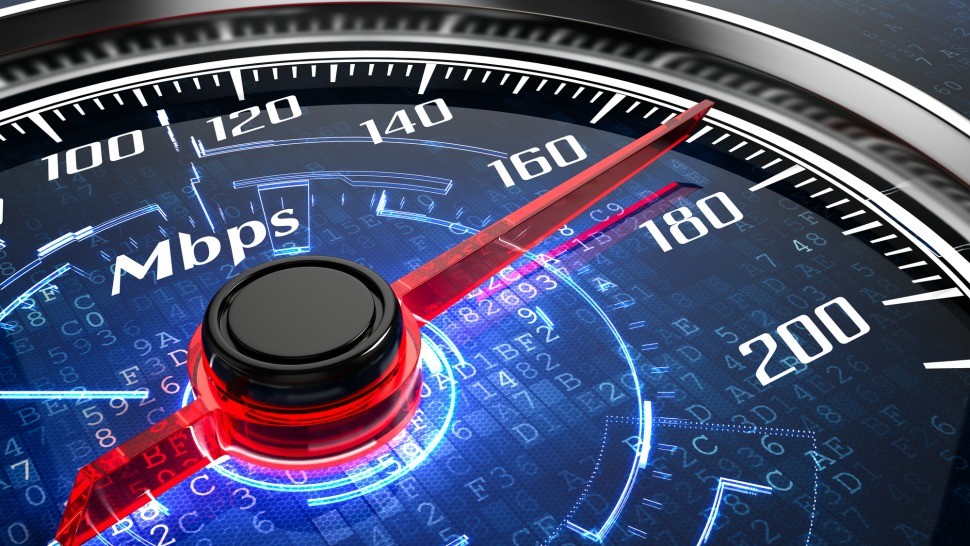
Will hooking up two or more routers speed up my internet?
Some peopke ask the following question: Will hooking up two (or more) routers make my internet faster? The short answer to that question is no, usually, it won’t.
Here’s why: Think of your internet connection like a pie that is shared with everyone at the table. If you have an additional knife (or another router in this case) to cut the pie with, you still would have the same amount of pie that you’d need to share. What you’d really need is more pie.
However, purchasing an additional internet connection and a dual WAN router could increase speeds, albeit it would be more costly. And, unless you need a business class of service to speed up internet, this option likely isn’t worth the additional investment. It would be more cost effective and much less complicated to see if your internet service provider has a higher tier of service.
The one setting to change: As promised in the title of this tip, there’s one thing in particular that can give your internet a real speed boost with little effort. It really is just one setting. We’re talking about your DNS, or Domain Name System. If this is all the info you need, click here to learn how to change your DNS settings to speed up your internet for free. Oftentimes, this setting will double your connection speeds.
Otherwise, keep reading and learning. There’s a lot more that can impact your connection speeds. And we want you to know how it all works and how to optimize your connection.
Speed up internet: Common misconceptions about home Wi-Fi
The example above provides insight into some of the most common misconceptions about how your home Wi-Fi works, and what causes speed delays to begin with.
2. Routers provide access to the internet: In certain aspects, this is true. Routers do make it possible to connect to a local network, however, a router on its own is quite useless. For a router to work it must connect to a modem, which connects to a cable port on the wall that is activated by your internet service provider.
3. Modems are the source of your internet: Again, this is false. On its own, your modem is just a worthless device. Without an internet service provider, you will have no internet.
Why does this matter? Well, it just goes to show that there are a lot of different variables that can impact the overall speed of your internet connection. You can have a top-notch modem and router, but if you’ve purchased a plan that offers mediocre speeds, your connection will suffer. The same is also true if you have a great internet service, but are using old, outdated equipment in order to connect.
Before you can double your speed, first you need to identify what’s actually causing the problem. To determine if the problem is linked to your equipment, use a tool such as Wi-Fi Analyzer to map out your network. Wi-Fi Analyzer will show you which regions in your home have the strongest signal, and therefore, fastest connection.
To see if your slow connection is being caused by your internet service provider, there’s a handy website you can use to track speeds throughout the day. It’s called Fast.com, and it was created by a company that takes internet speeds very seriously.
Just visit the site and your connection speed will be shown on the screen. Try it out at different times of the day, and then compare the average against your internet service contract to see if you’re getting the speed you’re paying for.
Thieves could be another reason your connection speed is suffering. If your neighbors have figured out a way to tap into your network, whenever they’re online, it will take up some of your bandwidth. Use a tool such as Wireless Network Watcher to keep an eye on your network, and identify any strange IP addresses that are connecting to it.
Speed up internet: One fix for every Wi-Fi problem
After some quick troubleshooting, you should have a pretty good idea as to what’s causing the problem. So, here’s how you can solve each possible outcome.
Router problems: Replace an old, outdated router with a new one. New models are more efficient and can produce a stronger signal.
Dead zones: Use a Wi-Fi extender to increase the range of your router throughout your entire home. With Wi-Fi extenders, you can increase your internet speeds.
Thieves: The easiest way to prevent thieves from accessing your network is to secure your network with a strong firewall and password. Here’s how you can find your router’s current password and change it.
